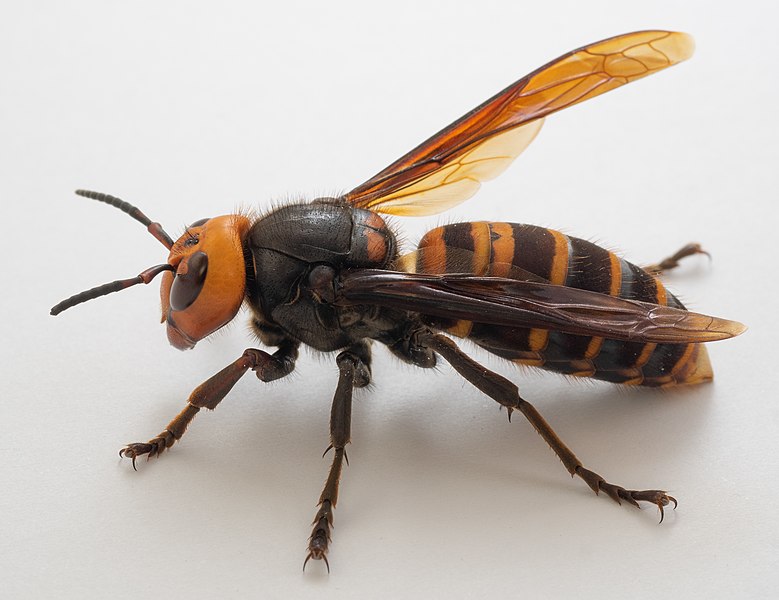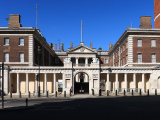
The invasive Asian hornets have made their debut in London as the UK grapples with a surge in their numbers, hitting record levels. An amateur beekeeper in Thamesmead,
southeast London, spotted one of these predatory insects in his garden on Saturday, leading specialists to discover a nest nearby on Monday.
This rise in Asian hornets is unprecedented, with this year accounting for 50% of all sightings reported in the past seven years. Nearly 35% of the confirmed UK sightings so far have occurred in this month alone.
The public is being urged to familiarize themselves with identifying these destructive insects that prey on honey bees.
Joel Soo, an architect and beekeeper, noticed a single Asian hornet while collecting honey from his Thamesmead garden. He promptly captured and photographed the insect and alerted the Animal and Plant Health Agency’s National Bee Unit (NBU).
Mr. Soo set up bait stations to attract the hornets and spotted more flying around his beehives the next day. The NBU then discovered an Asian hornet nest in a nearby tree and the Department for Environment, Food and Rural Affairs (Defra) confirmed its planned destruction this week.
Asian hornets arrived in Europe in 2004, believed to have been introduced via goods from east Asia to France. Since then, they have rapidly spread through France and neighboring nations. The UK has reported 46 confirmed sightings since 2016, 23 of which occurred this year, including 16 in the current month.
Most sightings have been in Kent, with some reported in other counties. A total of 29 nests have been destroyed in the UK so far.
The British Beekeepers’ Association (BBKA) states that these “highly aggressive predators” pose a significant threat to native insects, particularly honey bees. One hornet can consume 30 to 50 honey bees daily.
BBKA chair Diane Drinkwater expressed concern that Asian hornets could decimate honey bees and other insects in the UK, likening them to the threat posed by the Varroa mite discovered over 30 years ago.
Dr. Gavin Broad from The Natural History Museum highlighted that increasing temperatures could be rendering the UK more hospitable to these insects. He emphasized that there is still an opportunity to prevent the species from establishing themselves in the UK, unlike much of mainland Europe. Photo by Yasunori Koide, Wikmiedia. commons.



































